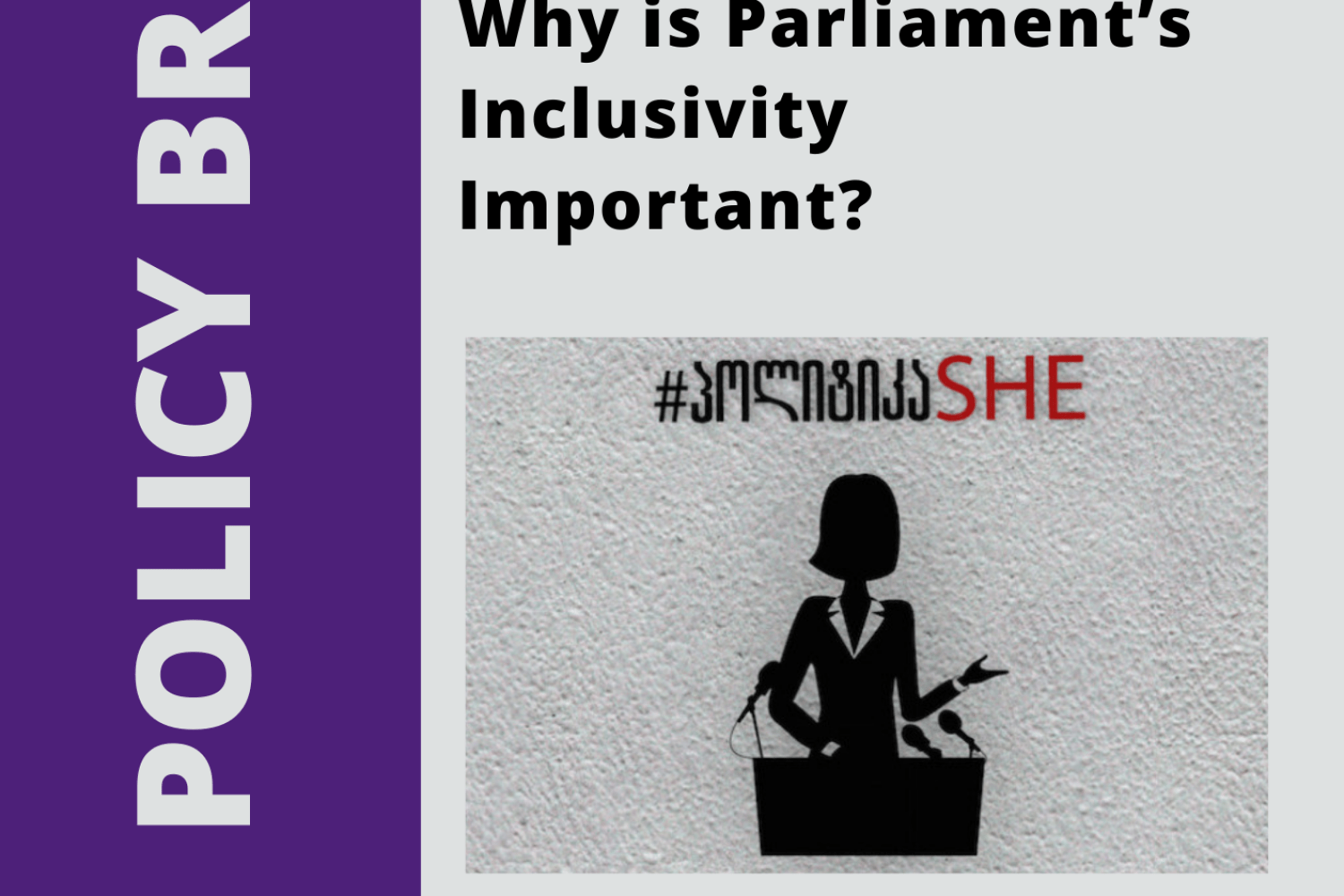2023-04-13 12:31:57
An inclusive political process is a primary factor in Georgia’s Europeanisation. One of the main components of inclusivity is the political empowerment of women and the increasing of their involvement in the decision-making processes. In March 2023, parliamentary discussions on the so-called “Agent’s Law” demonstrated positive impacts that can be brought into the political processes by the involvement of female politicians. Therefore, on the path to the European Union, studying and encouraging their role in the working of parliament is important. A number of reforms have been implemented in Georgia that are aimed at strengthening the political participation of women. As a result, the number of female representatives in political institutions has increased. However, this is not enough to ensure that they participate in the decision-making processes: given the polarised political environment and stereotypical views in the country, there are still many challenges that women in parliament face.
This policy brief examines how women’s involvement can benefit the country on its path to Europe, what specific challenges face women working in Parliament and what can be done to overcome them. Firstly, this brief assesses women’s representation in Parliament. Then it analyses the distinct strengths of women politicians that enable them to contribute to a healthy political process. The next part identifies problems that hinder women in their parliamentary work. Lastly, the policy brief offers recommendations to the relevant actors – the Georgian Parliament, political parties and women politicians in Georgia – that could help overcome these challenges.
Key Words: The Parliament of Georgia, Women Members of the Parliament (MP), Women voters.




